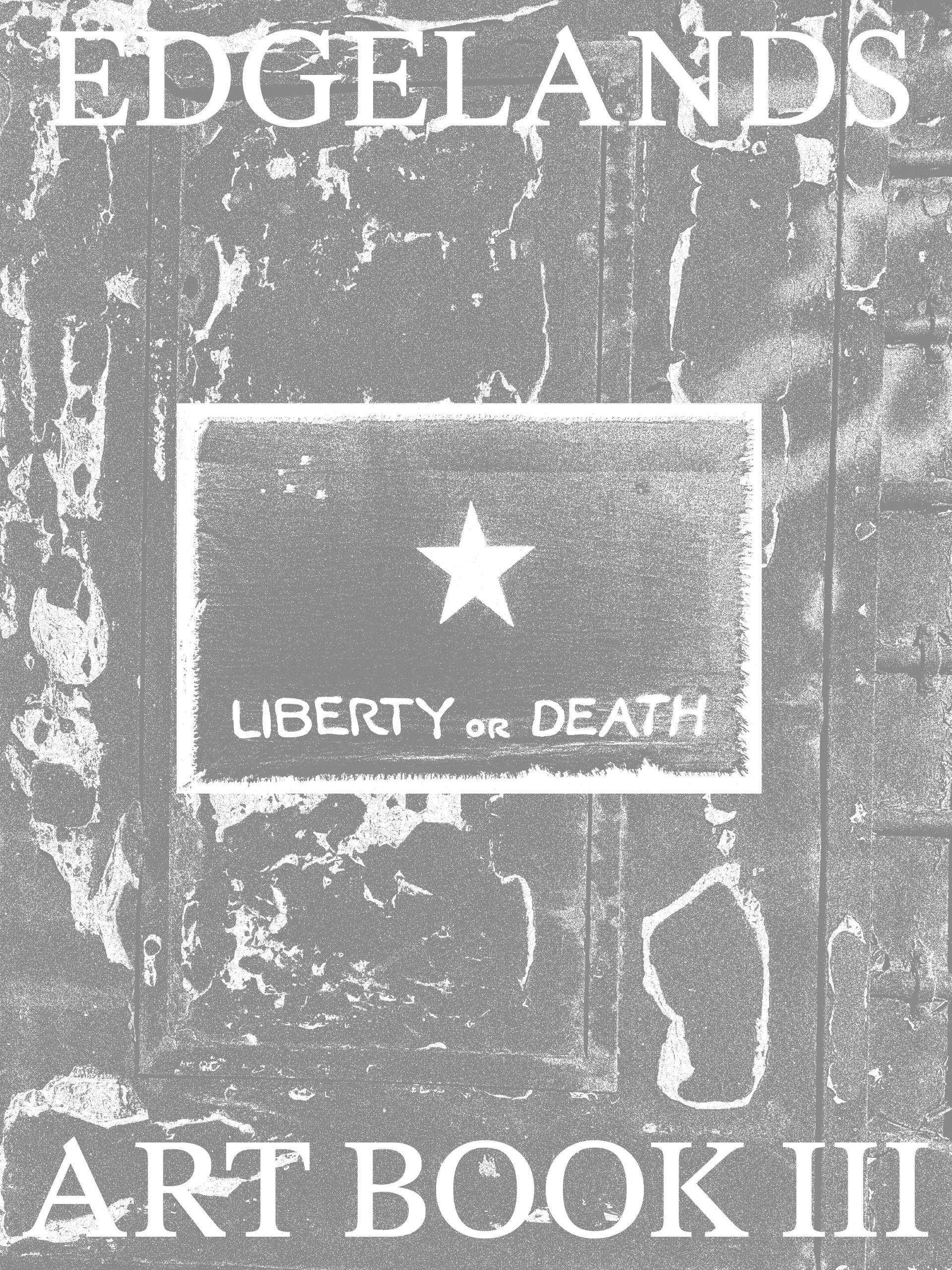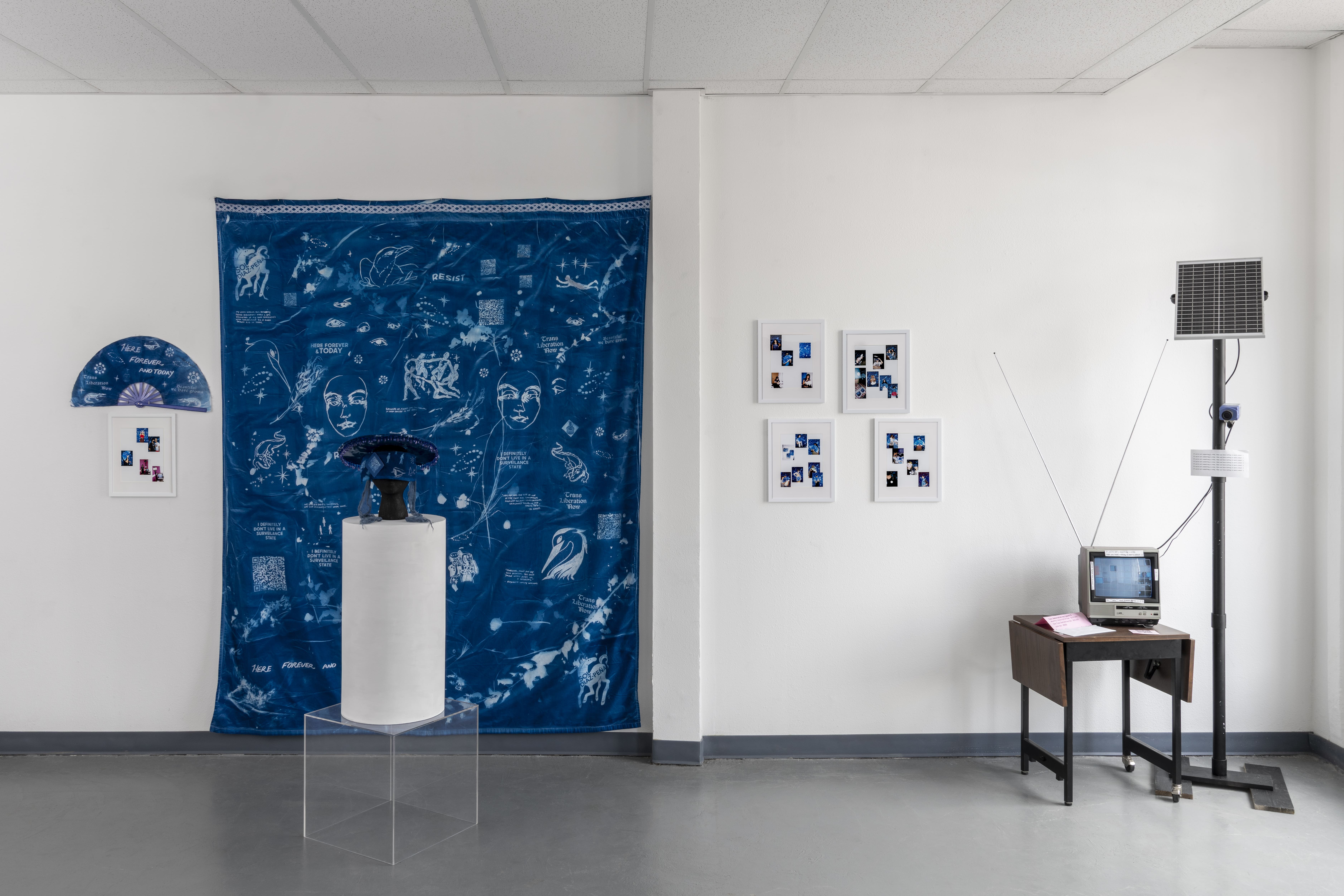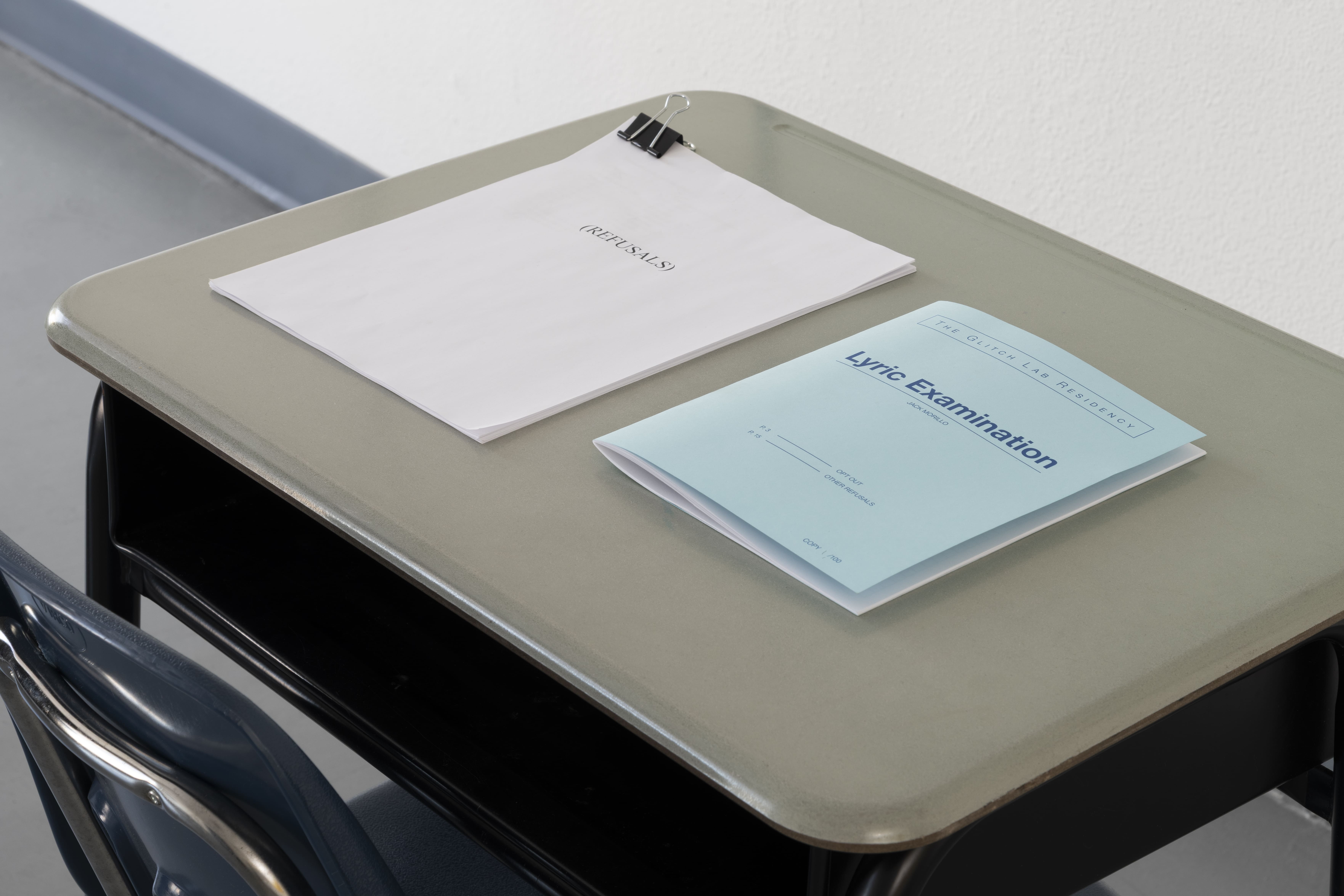Wifi

For the BLURRED LINES art residency and exhibition, the Venezuelan visual artist Ronald Pizzoferrato reflected on the influence of connectivity on the feeling of security. Ronald Pizzoferrato designed a big sign saying “Free wifi” and installed a wifi router that provided free and unlimited internet access. WIFI was not only an artistic intervention but also a practical resource that people could mobilize at the Cúcuta border. Whether to communicate with family members and friends, ask for help or search for information about legal processes in a new country, Internet connectivity means safety for migrants. His work called people’s attention, congregating a lot of users and visitors. Residing in Bern (Switzerland) since 2014, Ronald Pizzoferrato’s interests revolve around identity, migration, violence and decolonization. As a foreigner in Bern, he brings to our attention the fact that in Switzerland, people have access to free wifi around cities. In Venezuela, for instance, this is not a reality. Differences such as these are fundamental to widen our understanding of how to increase security in border zones.
About the artist
About the project
For 10 days, six artists researched and created together innovative artworks to generate the exhibition BLURRED LINES. The art residency took place between 22/07/2022 and 31/07/2022 in Cúcuta, the destination of many refugees and migrants in Colombia. Because the city is on the border with Venezuela, MATZA EDGELANDS saw it as a relevant place to explore how new formats of social contract could emerge among the complex and blurred layers of cities. Curated by Séverin Guelpa and Anja Wyden Guelpa in alignment with the Edgelands Institute, MATZA EDGELANDS CÚCUTA combined MATZA’s artistic potential of addressing social and environmental issues with Edgelands’ urge to understand the consequences of technology and digitalization on the urban fabric.







